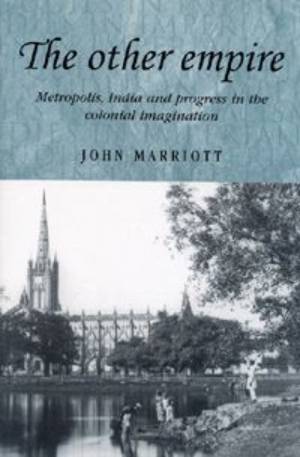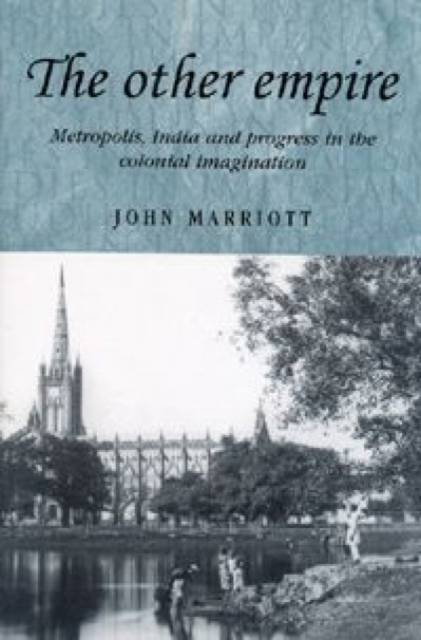
- Retrait gratuit dans votre magasin Club
- 7.000.000 titres dans notre catalogue
- Payer en toute sécurité
- Toujours un magasin près de chez vous
- Retrait gratuit dans votre magasin Club
- 7.000.0000 titres dans notre catalogue
- Payer en toute sécurité
- Toujours un magasin près de chez vous
Description
This is a detailed study of the various ways in which London and India were imaginatively constructed by British observers during the nineteenth century. This process took place within a unified field of knowledge that brought together travel and evangelical accounts to exert a formative influence on the creation of London and India for the domestic reading public. Their distinct narratives, rhetoric and chronologies forged homologies between representations of the metropolitan poor and colonial subjects - those constituencies that were seen as the most threatening to imperial progress. Thus the poor and particular sections of the Indian population were inscribed within discourses of western civilization as regressive and inferior peoples. Over time these discourses increasingly promoted notions of overt and rigid racial hierarchies, of which a legacy still remains.
Drawing upon cultural and intellectual history this comparative study seeks to rethink the location of the poor and India within the nineteenth-century imagination. An electronic edition of this book is freely available under a Creative Commons (CC BY-NC-ND) licence.Spécifications
Parties prenantes
- Auteur(s) :
- Editeur:
Contenu
- Nombre de pages :
- 256
- Langue:
- Anglais
- Collection :
- Tome:
- n° 50
Caractéristiques
- EAN:
- 9780719080470
- Date de parution :
- 01-03-09
- Format:
- Livre broché
- Format numérique:
- Trade paperback (VS)
- Dimensions :
- 156 mm x 234 mm
- Poids :
- 362 g

Les avis
Nous publions uniquement les avis qui respectent les conditions requises. Consultez nos conditions pour les avis.






